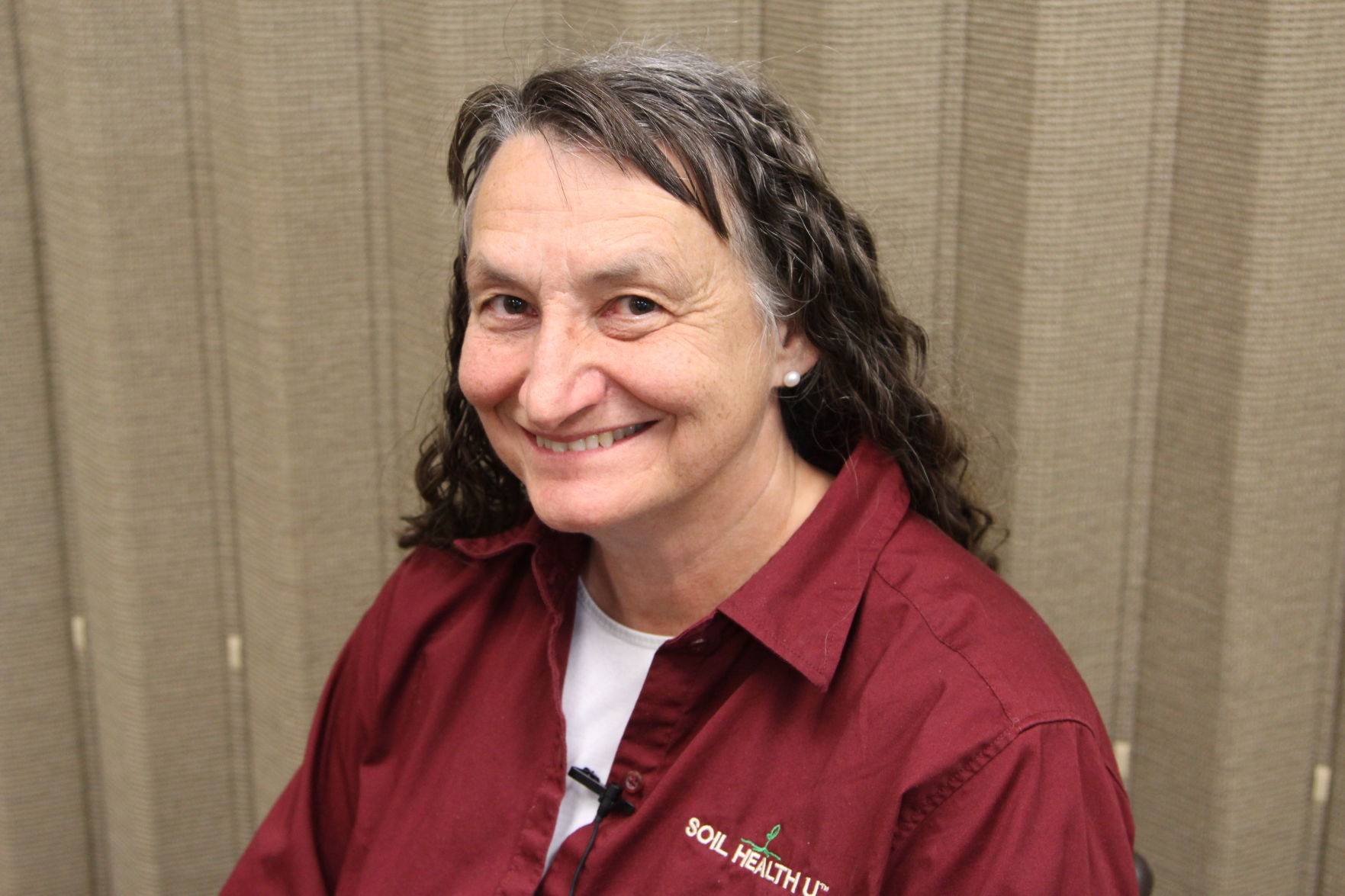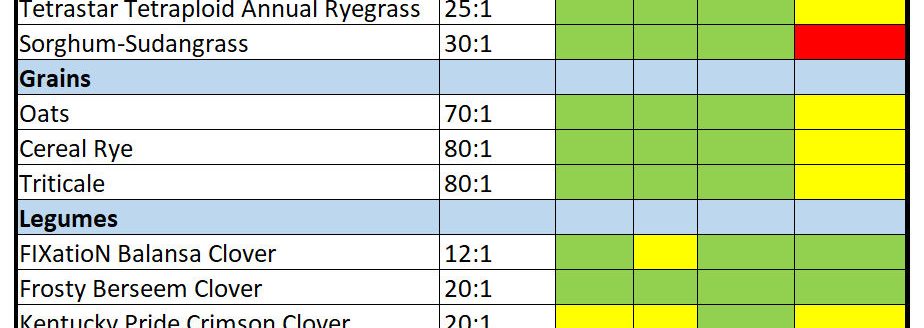Adapting methods and equipment can make life easier on cattle and handlers

Experts agree that grazing cattle can be part of a healthy soil system. But for many farmers, the idea of the extra labor involved with livestock can be daunting.
Lucinda Stuenkel, owner and manager of Sunny Day Farms, Palmer, Kansas, understands that hesitation. She had it once herself.
In 2010, her husband, Daryl, was killed in a vehicle accident. Overnight she had to take on the responsibility for the family cattle ranch.
“We realized if we were going to stay on the farm, then we needed to figure out a different way of doing things,” she explained. For Stuenkel, that meant working with her neighbors to build a maternity facility to help handle cows with less force and stress. For example, in her maternity barn, there are Dutch gates that can confine a cow for her safety while the bottom portion swings away and lets a calf nurse if needed.
“We also moved our calving date from January to what I call the ‘true spring’ of April or May,” Stuenkel said. “Our fall herd calves in September or October.” This allows the rye cover crop to be established in the paddocks so that cows can calve on grass and not in muddy lots.
“We have no respiratory problems, no frozen calves and fewer coyote or predation because there are other wildlife for them,” she explained.
Adopting research from Kansas State University, Stuenkel also feeds her pregnant cows hay from sunset to sunrise because the research shows that 86 percent of cows on that feeding timetable will calve in daylight.
“Our best is 92 to 96 percent of our cows calve in daylight,” she said. “When the rumen is filled with roughage the cow’s hormones won’t start labor. It’s about 12 hours after that first bite before the labor can start.”
Stuenkel continues to tweak her cover crop and cash crop rotations to suit both her soil health goals and her cattle herd needs. She grows wheat, sorghum, corn and soybeans, with cover crops that vary from rye to radishes depending on her herd’s needs.
Stuenkel said working with nature and working with her neighbors has made a huge difference in their family farm operation.
Jennifer M. Latzke can be reached at 620-227-1807 or [email protected].



